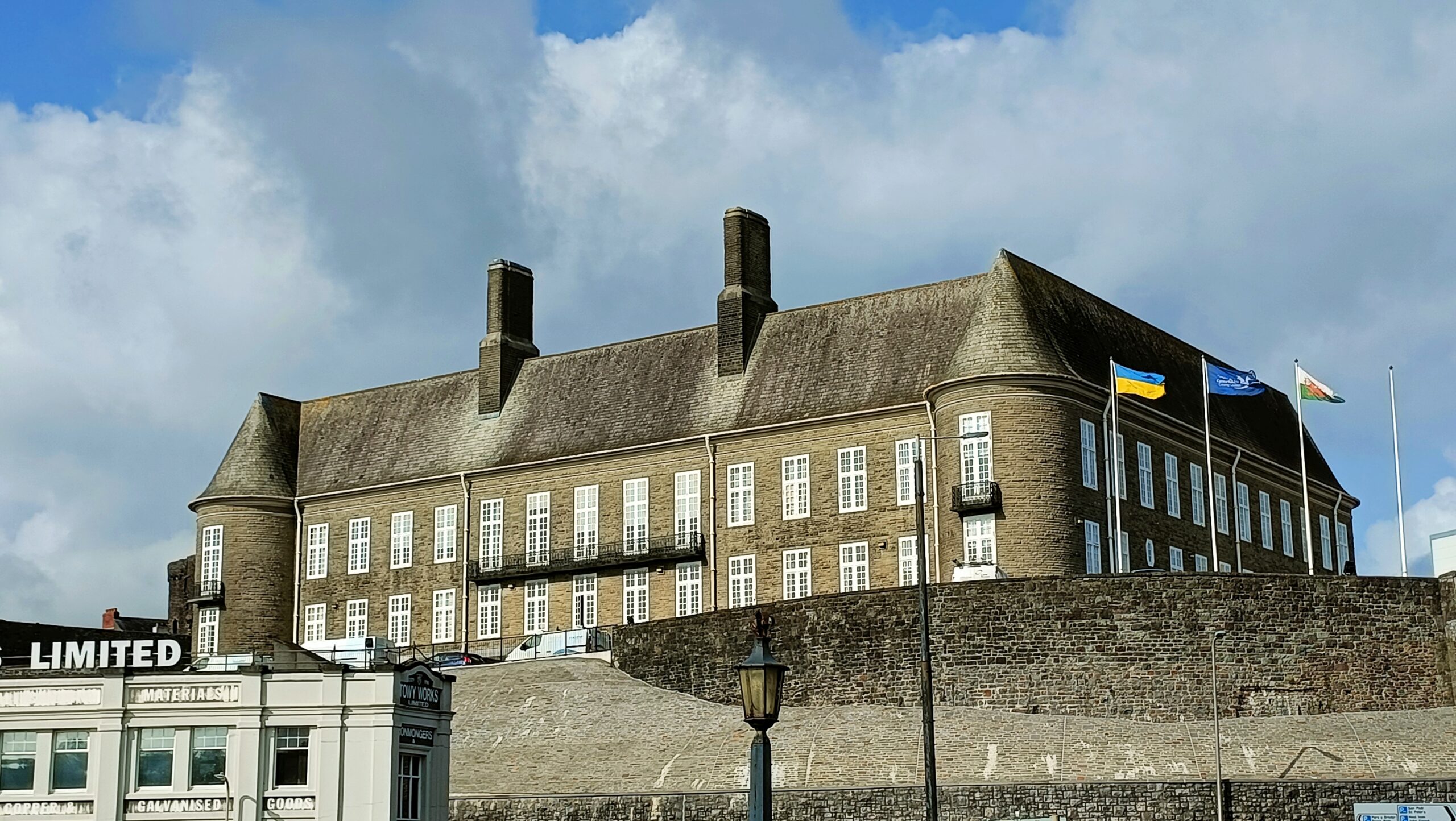Labour’s Lee Waters said the economic shift towards online and out-of-town shopping means new purposes must be found for struggling high streets.
Economic Change and the Future of High Streets
Mr Waters described town centre regeneration as a “gnarly, knotty problem” with economics at its core, during a Senedd debate on October 15.
Warning of an “unfair, unlevel playing field”, he told the Senedd:
“The business model of the town centre that we all grew up with is dead.”
The former transport minister said the model has been “enormously disrupted” by supermarkets, out-of-town retail parks, online shopping, and the pandemic.
‘Complex Tapestry’
Mr Waters noted there is little evidence to show free parking would help, pointing out it could reduce council revenue and does not benefit the 25% of people who do not have access to a car.
“The world as we knew it has gone,” he said.
“And simply abolishing business rates or providing free car parking is not going to bring it back. It’s a far more complex tapestry we require… and I’m afraid our rather glib debate on these things is getting us nowhere.
“But the fix is much more complex and involves far more partners in a granular way.”
Mr Waters, who is standing down in May, added that it is often cheaper for a business to build out of town than to redevelop a town centre property.
He also explained how changing housing trends have altered the social and economic fabric of town centres, creating a need to cater to new demographics.
Calling for a long-term plan involving both the public and private sectors, he cited the example of a college in Bangor moving out of town as evidence of “disjointed” government planning.
Plaid Cymru Calls for Action
The debate was tabled by Plaid Cymru’s Luke Fletcher, who described high streets filled with “vacant retail units, shuttered shopfronts and boarded-up windows”.
He warned government schemes were “plugging holes, not rebuilding foundations”, adding that Wales has the second-highest rate of vacant shops in the UK.
The shadow economy secretary said the key issue was “ownership”, and called for a community right to buy to address absentee landlords.
Plaid Cymru’s motion called for a comprehensive town-centre regeneration strategy, preferential business rates, long-term funding, and legislation on “right to buy” powers.
Delyth Jewell, the party’s deputy Senedd leader, said:
“These buildings… tell the stories of our past…. It is a covenant with our past that is being corroded with these closures.”
Conservative Response
Conservative Senedd member Joel James argued that current Labour policies have harmed high street businesses, saying high business rates amount to “economic punishment”.
He said that funding regeneration projects alone would not solve the problem without first improving the overall business environment.
Mr James criticised what he called an “anti-business, anti-growth” focus on local ownership, warning that Plaid Cymru’s proposals could place financial strain on local authorities.
He told the Senedd that the Conservatives would scrap rates for all small businesses and expand free car parking in town centres.
Labour backbencher Mike Hedges agreed with Plaid Cymru’s call for a right to buy, saying:
“The community right to buy is proven, popular and politically effective. We need to have it in Wales and… we need to have it now.”
Government’s Regeneration Plans
Local government secretary Jayne Bryant highlighted that £100m has been delivered through the Transforming Towns programme since 2022, with another £57m on the way.
Ms Bryant, whose portfolio includes regeneration, told the Senedd that an empty property enforcement fund has been established to help bring vacant buildings back into use.
She said the Welsh Government is providing £335m in rates relief this year, including £78m for retail, leisure, and hospitality businesses.
Ms Bryant added that a “town centre first” principle has been built into planning decisions for locating public services such as colleges and health hubs.
A commission exploring local ownership models is expected to present its recommendations next month, which will inform potential legislation on a right to buy.
Her goal, she said, is to bring “pride, purpose and prosperity back to the heart of our towns.”
Discover more from Carmarthenshire News Online
Subscribe to get the latest posts sent to your email.






